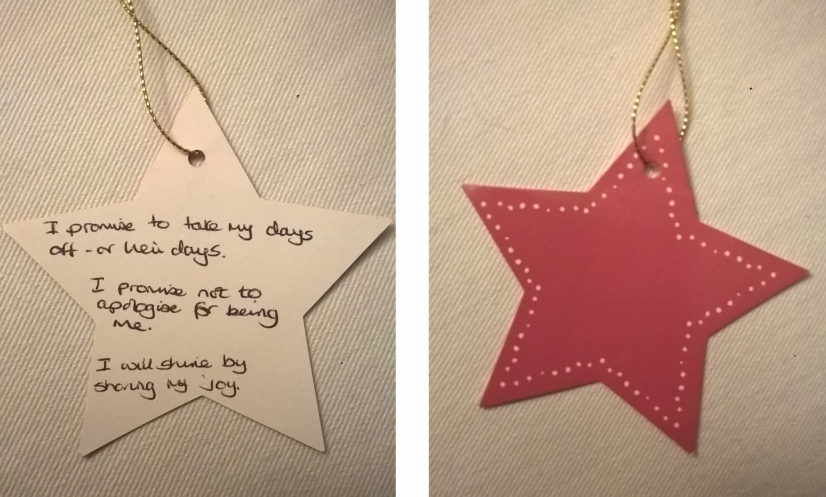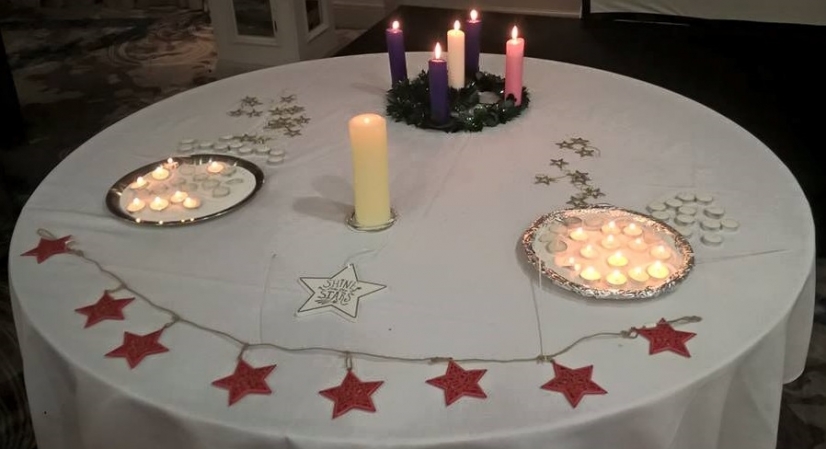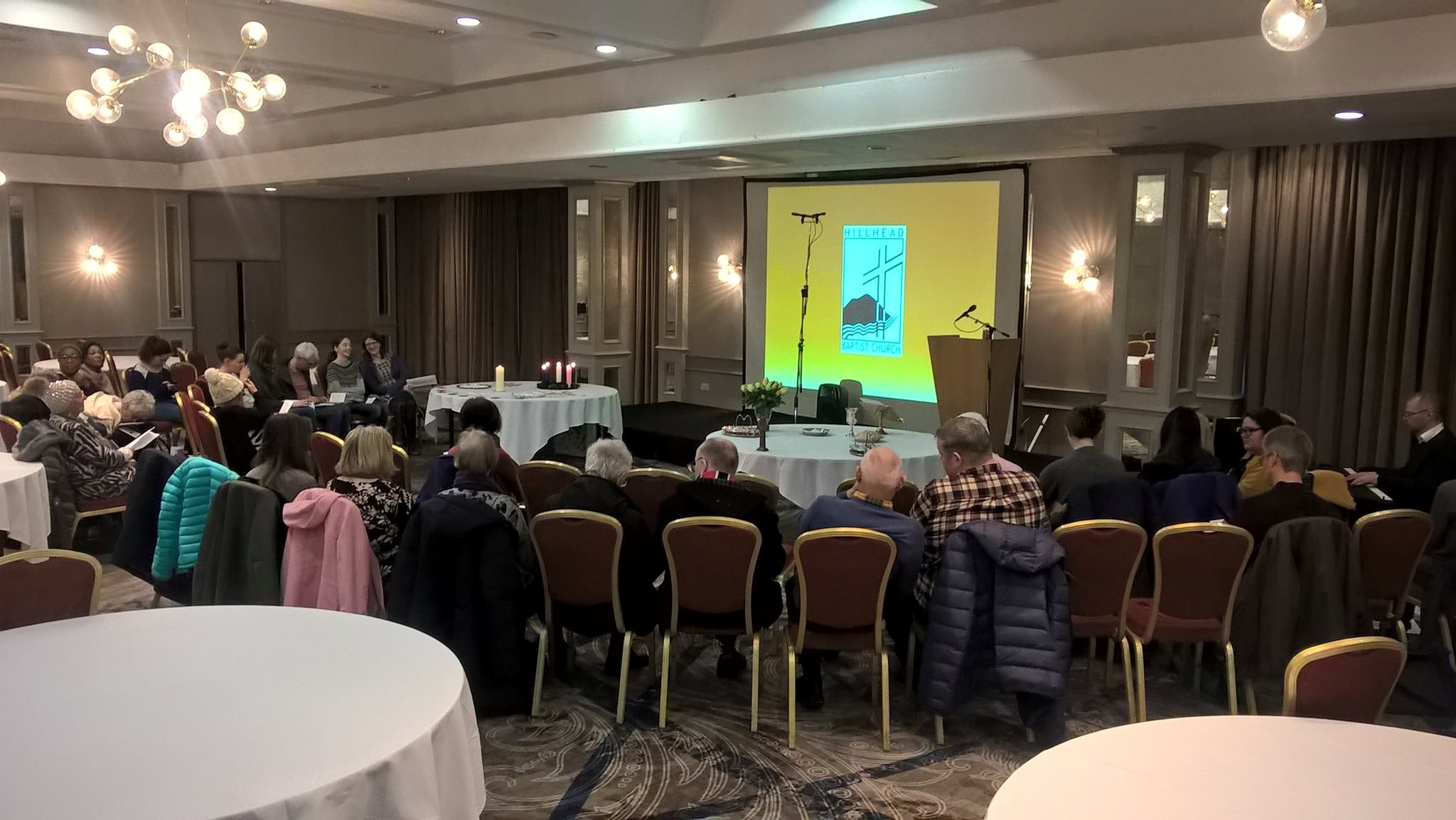As part of our service this morning, I invited people to make 'three wishes' for the year ahead, and to record them on a star, which they could take away and did not need to show anyone. The photo is mine.
The overarching theme was 'self care' being kind to ourselves so that we can better 'shine like stars' in a dark and sometimes bewildering world.
The first wish was a promise to do something to be be kind to ourselves. As someone who regularly works too many days, and so is not modelling a healthy life style, let alone being kind to myself, I have promised to take my days off - or to have a lieu day when for good reason (as is the case in the week just beginning) that isn't doable. So, yes, next week it'll be two days off to offset the none this week.
The second wish was a promise not to do something that is unkind to ourselves. As a person who has spent endless years being told to stop apologising, and who has done quite a lot of work in recent months to work at issues of shame and low self-esteem, I have promised not to apologise for being me. If I do something wrong/bad or fail to do something good/right, if I hurt someone, then of course I will apologise. But not for being me... and trust me, that's a genuine challenge!
The third wish was a pledge to shine like a star by being who we are. I opted to commit to share my joy. For all sorts of reasons, I am usually quite measured, even sometimes referred to as stoic. Perhaps what I need is to be a bit more openly joyful. More smiles, more playfulness, more openly enjoying myself... and hopefully this will be a little bit brighter for others.
So, if you could have three wishes along these lines, what would they be?
And of course the thing with these wishes is that they will only come true if we make them!




